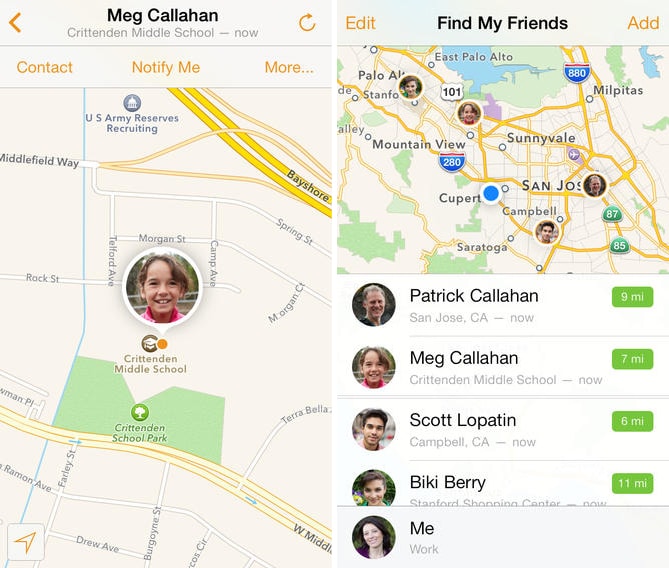With the publication of this week’s Ofcom report on kids’ phone usage, there is already a great wailing and gnashing of teeth about findings. But are young lives really being ruined by opening up the gateway to a ‘digital dystopia’ at such an early age?
According to the report, 50% of the UK’s 10-year-olds owned a smartphone in 2019 – a figure that increases to 83% for 12-15-year olds. Chunky numbers.
Our relationships with mobile phones is a complex and evolving one. The first wave of ‘dumb’ phones provided a functional way of getting in touch with each other whilst on the move. Yet, even as far back as the early 80s, visionaries like Steve Jobs (below) could see a future where smartphone devices were commonplace and kids would have access from an early age.

In a Newsweek Access interview in 1982 he predicted a “little box” that you carried round with you from the age of 10 which would be a communications / computer device. That “little box” went from a twinkle in his eye to the iPhone in the space of 15 years. Today smartphones are jam-packed with the internet, social media, zillions of apps, music, camera and video – all at your fingertips. The advent of 5G is going to kick on again to deliver even more intense levels of interactivity.

Smartphones arguably add a new dimension to a child’s learning and engagement with the world around them. The Ofcom report also found that older children were using social media to express their support for social causes and organisations, with 18% having shared or commented on a post, and one in ten having signed an online petition. Surely this level of engagement with issues in the world around them like the climate emergency is a great thing? Especially given the perennial issue of apathy amongst young people when it comes to politics.
Of course, there is an omnipresent danger that phones are a potential portal to harm – from online bullying to delivering ready access to unsavoury content like violence or pornography, pumping out endless commercial messages and generally sucking attention to a screen rather than to the real world.

On top of that Simon Sinek (above) has unleashed some persuasive and alarming think pieces on how smartphone technology is ruining our relationships and can actually lead to a chemical imbalance in the brain which can trigger depression and anxiety.
All issues not to be dismissed lightly.
But, for parents and kids, the smartphone can also provide an ability to connect and engage with each other in a healthy and positive way. As a family of 5, we all have smartphones. Our kids first got them when they were around 12 (heading off to big school) as it seemed like the ‘right’ junction to let them have one.
My twin boys are now 15 years old and my daughter is 19, and, for the past couple of years we’ve had our family WhatsApp group as a key communications tool. This means our smartphones keep us all together – even when we’re apart.
‘Hey boys – are you home from school?’
‘How are you getting on at uni?’
‘Everyone – check out this link to a new film coming out – we should go and see it.’
‘Can you Monzo me £25 for a driving lesson please?’
‘Guys – have you heard this track on Spotify?’
Our group is constantly buzzing with messages that engage and pull us together as a family in a way that would not be possible without the technology. Often – I hasten to point out – the smartphone is a digital gateway for us to plan things to do together in the real world like a trip to the cinema or a gig.

The geo location services on smartphones also provide another level of parental comfort by allowing us to keep tabs on our kids when they’re out and about. With the iPhone’s ‘Find my Friends’ app (image above), we can see that our boys are actually at their friend’s house instead of knocking around the local park. And with phone apps like Uber, we can track that our daughter gets home to her halls at University safely after a night out without any issues.
Counterpoint to that is, of course, the inevitable parent/child arguments about too much screen time, no phones before schooltime/in bed/at the dinner table. But, if you lay out the ground rules early doors, then those arguments soon stop. It’s all about how you manage the relationship from the get go.
Kids and phones is a multi-layered, far-reaching and complex debate but, as the Ofcom report shows, the smartphone genie is well and truly out of the bottle. Not even King Canute would bother trying to hold back this digital tsunami.
As parents and technology advocates there is a collective responsibility to try and manage the next generation’s relationship with phones and the goal should be to do what we can to harness and steer the technology as a force for good.
Glenn Matchett, Managing Director, Grammatik Agency

©️2024 Grammatik Agency, Second Home, 125–127 Mare St, London E8 3SJ.
[email protected]
+44 (0)20 3950 7057 Privacy policy